absorb decades of meditation experience - free!
YWB founder Sipra Pimputkar hosts a monthly meditation workshop that’s absolutely free to the public. The free monthly workshop is usually every third Sunday at 1pm (please check newsletter for updates). The workshop is about practical meditation techniques. Sipra teaches meditation from a secular perspective.
This class is free to the public (donations gratefully accepted). Please arrive a few minutes early, bring a snack to share, and join us for tea!
Meditation Workshops
YWB periodically offers meditation workshops. Each workshop explores a different meditative technique or tradition.
Meditation practice has been proven to reduce stress, sharpen focus, improve mood and create an overall sense of well being. Meditation is an important part of a holistic yoga practice. Meditation is never easy, as the mind has never been trained to be silent. It takes years of practice, and then some!
These workshops are an hour and a half long; they are included in unlimited monthly passes, count as two classes for class packs, and cost $30 as a drop-in.
Available Workshops
Chakra Meditation (Focusing on Energy Vortexes of the body)
Chakras are the seven energy centers in the body. Accessing these vortexes by visualizing them and balancing them through the senses, including sound, allows for healing, balancing and calming of the body, the emotions and the spirit.
Ajapa Japa (Meditation based on the breath)
This method of meditation allows one to be meditative all the time by simply focusing on the breath.
Japa Yoga (Mantra Recitation)
Repeating of a number of syllables or sound bits. “Transcendental Meditation” is an example of this method of meditation. Mantra simply means repetition of a set of syllables, meaningful words or just healing sounds. (Note: Third Sunday of the month due to Mother's Day.)
Shamatha (Mindfulness Meditation)
Being mindful is not denying the senses, but being aware of the mind and everything around oneself. Shamatha and Vipassana are complementary practices, but can stand-alone as well.
Vipassana (Insight Meditation or seeing things as they really are)
Simply observing the self leads to the Self. Shamatha and Vipassana are complementary practices, but can stand-alone as well.
Prayer Labyrinth (Walking Meditation)
Walking the Prayer Labyrinth is a medieval Christian practice. Columbus has several formal and informal labyrinths and we will meet at, and walk one for this session. (Plan to go out to dinner at some agreed location afterwards, if you like.)
Metta Bhavana (Loving Kindness)
This is the Buddhist practice of Universal Love. Find comfort in these days of uncertainty and violence.
Yantra and Mandala (Sacred geometry and Healing drawing)
The perfection of geometric figures is used by all faiths and is found everywhere in nature. (Remember the ability to focus while you doodled in school?) We will learning about their symbolic value in different faiths, and try our hand at creating mandalas. No artistic abilities required.
Nada 'Ahat' Meditation (Sound Meditation)
Exploring sound as more than sensory input and expression. Treating it at its vibrational level and responding to sound, both internal and external. Sound and music is in this context an attempt to achieve a deeper connection with the Higher Self. Nāda yoga's use of sound vibrations and resonances are also used to heal.
Nada 'Anahat' (Soundless Vibration Meditation)
Anahat refers to the heart. The vibration of sound without striking two objects to create either vibration or resonance is known as Anahat. It is the underlying sounds of the movement of the life-force within oneself and in the Cosmos.

